Denmark’s National Team Jerseys - FAQ
1. Are you still doing business in Qatar? And how can it be that you previously had sponsorships in Qatar?
We have no direct business in Qatar, and that includes both physical stores and sponsorships. We do, however, do business with a few individual customers in the Middle East that on-sell hummel products to countries such as Qatar. As a commercial entity, this is part of our business set-up, and we don’t wish to exclude people from buying our products and having the opportunity to play sport. With regards to former sponsorships in Qatar, they were set up by a local independent distributor that we no longer work with. Therefore, we do not have any active sponsorships in Qatar.
2. Where have the national team jerseys been produced?
The national team jerseys have been produced in China. We continuously track the conditions in the areas where we are represented, regardless of which country that is in. That is why we have an ambition to optimise our efforts, including our broad collaboration with Amnesty International. This will, amongst other things, make us even sharper in this area.
3. Doesn’t your message get undermined when talking about human rights, if the national team jersey is produced in China?
Amnesty International considers China to be a high-risk country with regards to human rights, which we are naturally aware of. It is, however, no secret that a large part of our production occurs in China, and we are constantly trying to improve conditions there. One of the ways we do this is by conducting regular social audits of our suppliers, so we safeguard that they live up to the applicable standards, with regards to work hours, pay, child labour, safety and more. Additionally, we have our own offices in China with Quality Controllers, who regularly visit the factories and are our eyes on the ground. The producer of Denmark’s national team jerseys is a supplier that we have worked together with for a long time, and we have a hummel employee permanently located at that factory. In other words, we do everything we can, so that the national team jerseys are produced at a factory that lives up to our Code of Conduct and proper working standards.
4. How can you protest against Qatar and the country’s human rights record, when you simultaneously conduct business in e.g. Saudi Arabia, which also has a debatable relationship with human rights?
At the end of 2021, we cancelled the partnership with our distributor in Saudi Arabia, which means that they are contractually obligated to close all stores. As there remains leftover stock in the local market, it will still be possible to purchase hummel products in Saudi Arabia. Therefore, 2022 is quite clearly a transitional period where the leftover stock is sold and hummel's own stores close or are rebranded as multi-brand sports stores.
5. How do you ensure that working conditions at your factories live up to the applicable standards?
Our largest suppliers are regularly subjected to a social audit, such as BSCI, Sedex or SA8000 – recognised international certifications – conducted by an independent auditor. The social audits cover all points in hummel’s Ethical Code of Conduct and comprise all aspects regarding working conditions, including work hours, pay, child labour, the right to unionise, safety and more. You can read more about hummel’s CSR policies here: https://www.hummel.dk/companykarma-people-external-tiers.html
6. Isn’t this in reality just a PR and marketing stunt, so you can sell even more national team jerseys?
We are a commercial entity, which exists to sell sports clothing, including national team jerseys. Throughout the years, we have succeeded in selling many national team jerseys without distinct messages behind them. In other words, it isn’t a commercial decision to articulate our opinion regarding the World Cup in Qatar. It is instead about our vision to change the world through sport, and throughout the years we have supported a long list of initiatives around the world to raise awareness of issues such as human rights. For example, during the World Cup in 2018, we were involved in a number of initiatives to show our support for the Russian LGBTI+ community, just as we also raised the rainbow flag as part of Copenhagen 2021 World Pride & EuroGames. On top of that, we have also supported Afghanistan’s national women’s football team and their fight for equality in sport. These are just a few of the initiatives and projects that we have been involved with in recent years. Read more about hummel’s various karma projects here: https://www.hummel.dk/companykarma-purpose.html
7. Why not donate all profits from the sale of the national team jerseys to migrant workers in Qatar?
We won’t do this because we are a commercial entity and not an NGO. But we also have ambitions to change the world through sport, so the more we earn, the more resources we can set aside to create positive change through sponsorships and partnerships, which we believe can make a difference. We continuously support good projects and organisations that commit themselves to creating equal opportunities for all across the globe. That is why we are donating a percentage of the sales of the national team jerseys to Amnesty International and their work with human rights. We have a number of projects with Amnesty that we are looking forward to unveiling soon.
8. You have been criticised by Qatar with regards to your statements about thousands of deaths. What is your reaction to that?
The most important thing for us is that human rights have been abused with regards to migrant workers in Qatar. According to Amnesty International, it is estimated that thousands have died in connection with the construction works for the 2022 World Cup, and it is that information that we focus on. We can see that our take on the situation has sparked a new global debate. We see this as a positive thing.
9. How can you align your wish not to be visible during the World Cup in Qatar, while also conducting business in a number of Middle Eastern countries?
We wish to improve human rights for all, but we also know that we can’t save the whole world. While we are a commercial entity that also needs to focus on earning money, we have a clear business philosophy to create business while doing good in the world. And the better we do commercially, the more resources and funds we can set aside to contribute to large projects and initiatives in this area.
10. What is the situation with human rights in the countries where you produce your clothes – for example, China, Bangladesh and Pakistan?
We are aware that we operate in a number of countries that do not live up to general human rights standards. On the other hand, we don’t believe that withdrawing from these countries is the right solution. Instead, we want to help these countries and be a part of the change in relation to improving their human rights records.
11. Why haven’t you completely removed your logo from the jerseys, if you don’t want to be visible during the World Cup?
We’ve chosen to tone down all details on the jerseys, as we don’t want to use the World Cup as a stage for exposure. As a proud sponsor of DBU, we stand behind the Danish national team, and at the same time we intend to stand behind this message instead of hiding. We know that we’re not changing the world by toning down our logo and chevrons on the jerseys, but it helps to show our protest against the World Cup in Qatar – and more importantly, it creates a necessary debate about human rights.
12. Why didn’t you reveal the statement within the jerseys as part of the jersey launch last week?
It was a request from DBU that the national team should finish the Nations League matches before we started talking about the World Cup in Qatar. Like DBU, we don’t want the debate about Qatar to overshadow the team’s sporting focus, and therefore we chose to respect their choice to postpone the communication.
13. Have you not agreed with DBU on this statement, as they’re now backpedalling?
The new Danish national team jerseys have been designed in close collaboration with DBU where both parties have agreed on the direction and statement of the jerseys. The black third jersey in particular – regardless of choice of words or language – is intended as a pause for thought and time for reflection on the importance of human rights and compliance with them. Therefore, the use of the word mourning is also hummel’s own wording, but apart from that, there is no disagreement between hummel and DBU in relation to the statement and communication.
 T-shirts
T-shirts Hoodies and sweatshirts
Hoodies and sweatshirts Pants
Pants Shorts
Shorts Sets
Sets Jackets
Jackets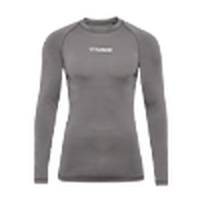 Base layers
Base layers Swimwear
Swimwear Underwear and socks
Underwear and socks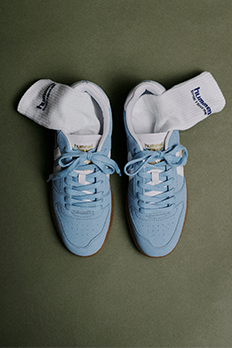
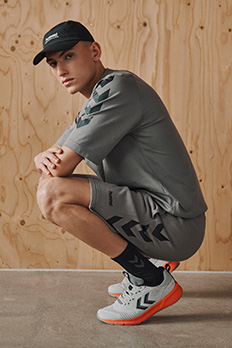
 Trainers
Trainers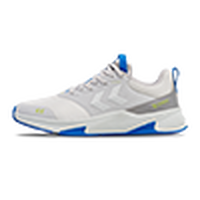 Gym shoes
Gym shoes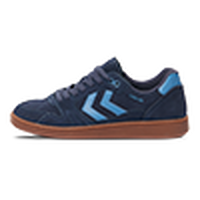 Indoor shoes
Indoor shoes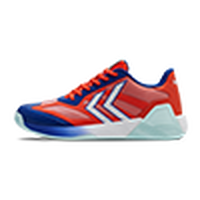 Handball shoes
Handball shoes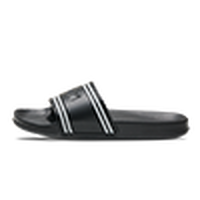 Slides
Slides Sunglasses
Sunglasses Bags
Bags Beanies and caps
Beanies and caps Hats, scarves and gloves
Hats, scarves and gloves T-shirts
T-shirts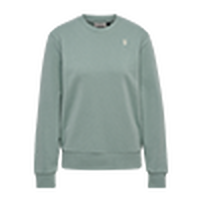 Hoodies and sweatshirts
Hoodies and sweatshirts Tights
Tights Sports bras
Sports bras Tops
Tops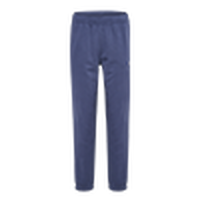 Pants
Pants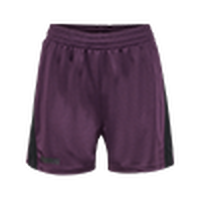 Shorts
Shorts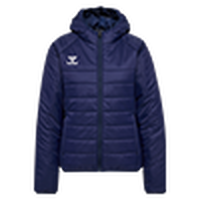 Jackets
Jackets Baselayer and Underwear
Baselayer and Underwear Underwear and socks
Underwear and socks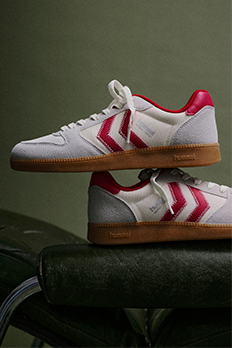
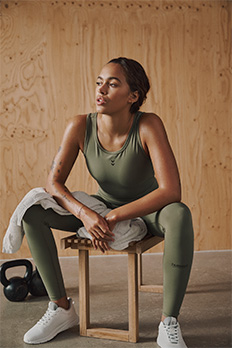
 Trainers
Trainers Gym shoes
Gym shoes Indoor shoes
Indoor shoes Handball shoes
Handball shoes Slides
Slides Sunglasses
Sunglasses Sports bags
Sports bags Beanies and caps
Beanies and caps Hats, scarves and gloves
Hats, scarves and gloves Bodysuits
Bodysuits Sweatshirts
Sweatshirts Pants and leggings
Pants and leggings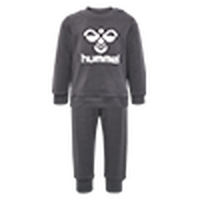 Sets
Sets Shorts
Shorts Outerwear
Outerwear Socks
Socks Wool
Wool Balaclavas and mittens
Balaclavas and mittens Accessories
Accessories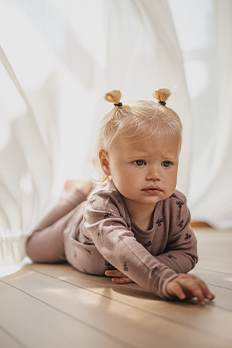
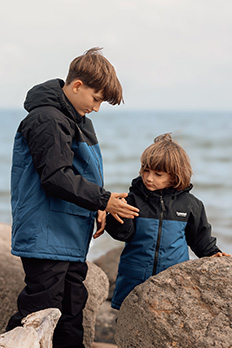
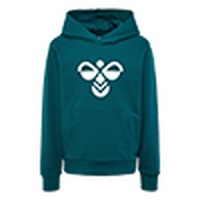 Hoodies and sweatshirts
Hoodies and sweatshirts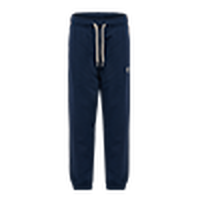 Pants and leggings
Pants and leggings T-shirts and tops
T-shirts and tops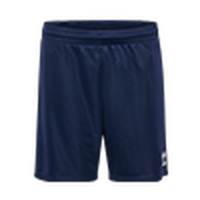 Shorts
Shorts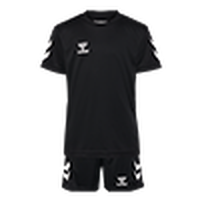 Sets
Sets Swimwear
Swimwear Dresses and skirts
Dresses and skirts Outerwear
Outerwear Wool
Wool Underwear and nightwear
Underwear and nightwear Socks
Socks Hats and gloves
Hats and gloves Accessories
Accessories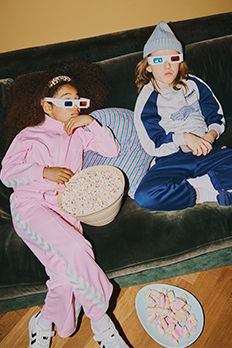
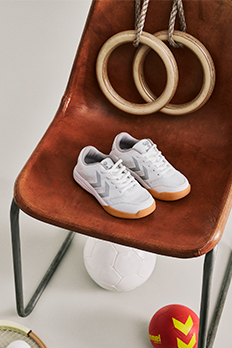
 Trainers
Trainers Winter boots
Winter boots Rubber boots
Rubber boots Indoor shoes
Indoor shoes Handball shoes
Handball shoes Football boots
Football boots Sandals and slip-ons
Sandals and slip-ons Baby shoes
Baby shoes Thermo sets
Thermo sets Fleece
Fleece Jackets
Jackets Rainsuits
Rainsuits Winter jackets
Winter jackets Snowsuits
Snowsuits T-shirts and tops
T-shirts and tops Jerseys
Jerseys Sets
Sets Shorts
Shorts Pants and leggins
Pants and leggins Outerwear
Outerwear Club jerseys
Club jerseys Football T-shirts
Football T-shirts Training shirts
Training shirts Football pants
Football pants Football shorts
Football shorts Training sets
Training sets Football jackets
Football jackets Football socks
Football socks Football underwear
Football underwear Footballs and accessories
Footballs and accessories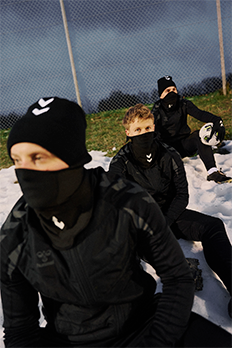
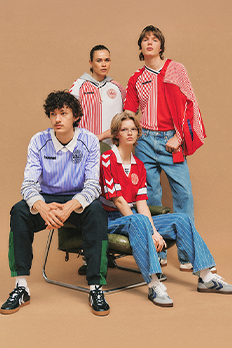
 Handball t-shirts
Handball t-shirts Training shirts
Training shirts Handball pants
Handball pants Handball shoes
Handball shoes Handball shorts
Handball shorts Handballs and accessories
Handballs and accessories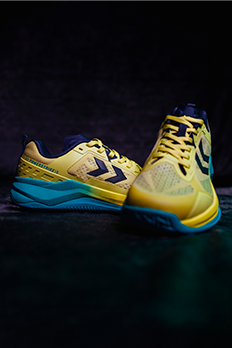
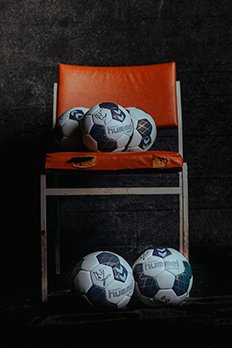
 T-shirts and tops
T-shirts and tops Sports bras
Sports bras Training jerseys
Training jerseys Shorts
Shorts Tights
Tights Training pants
Training pants Training jackets
Training jackets Training shoes
Training shoes T-shirts and tops
T-shirts and tops Jerseys
Jerseys Pants and tights
Pants and tights Shorts
Shorts Jackets and vests
Jackets and vests Accessories
Accessories